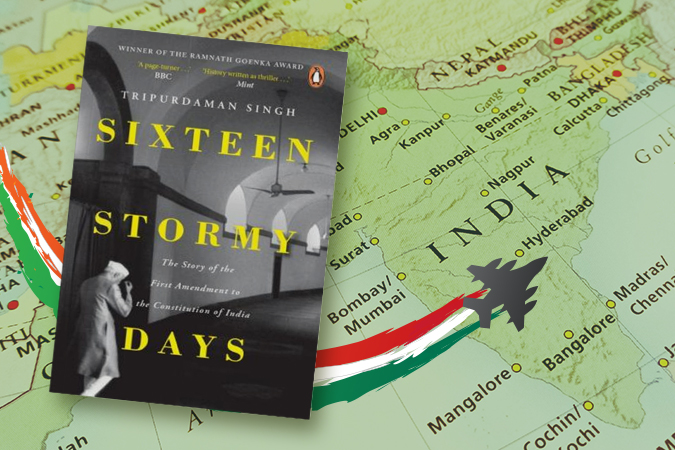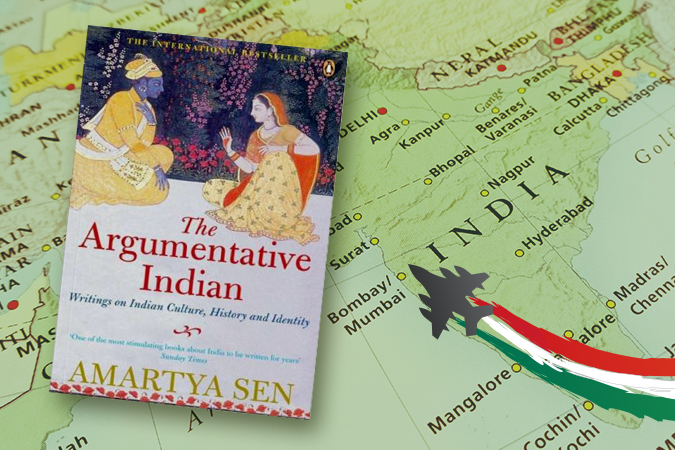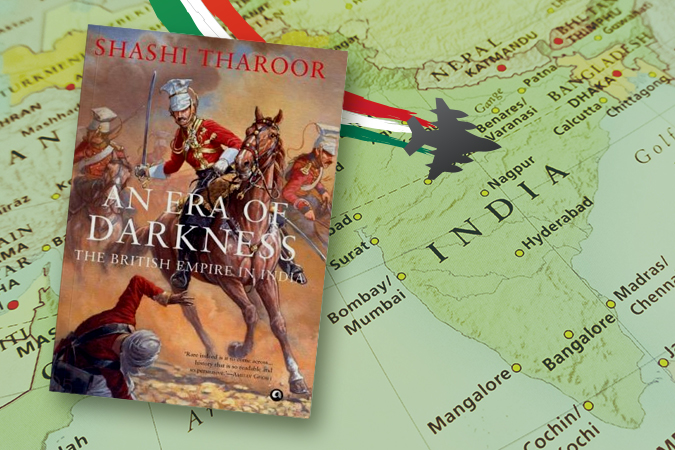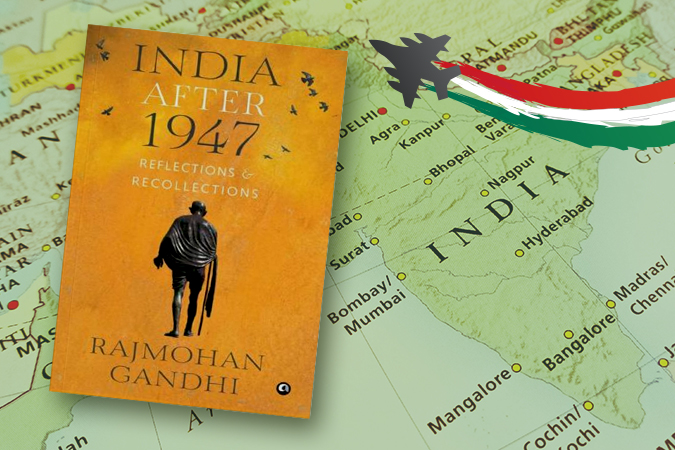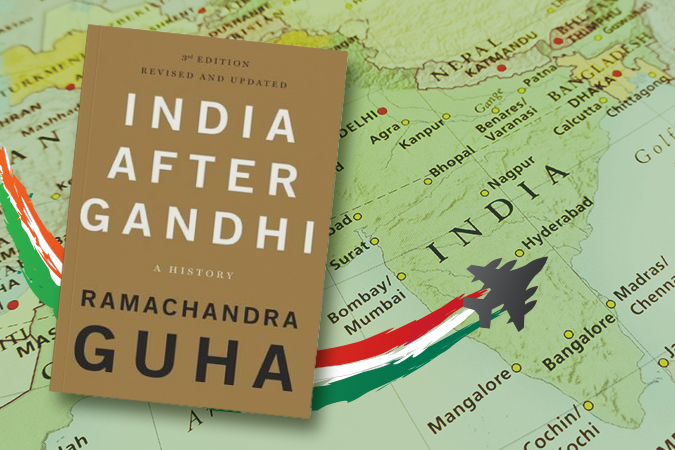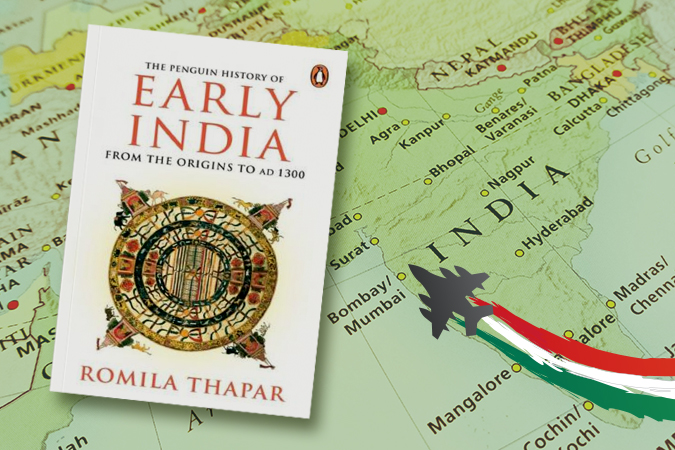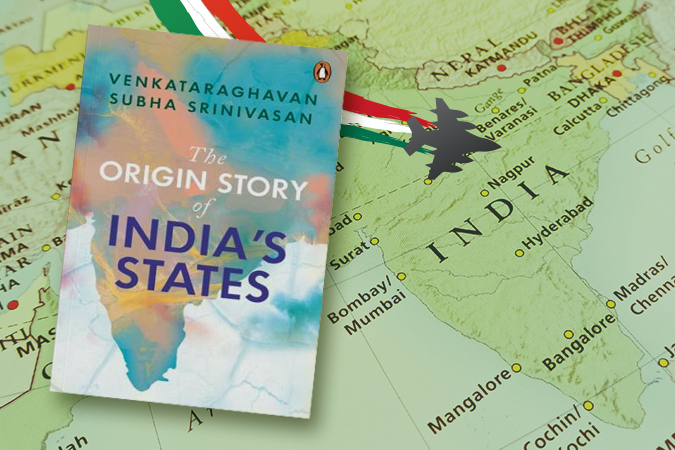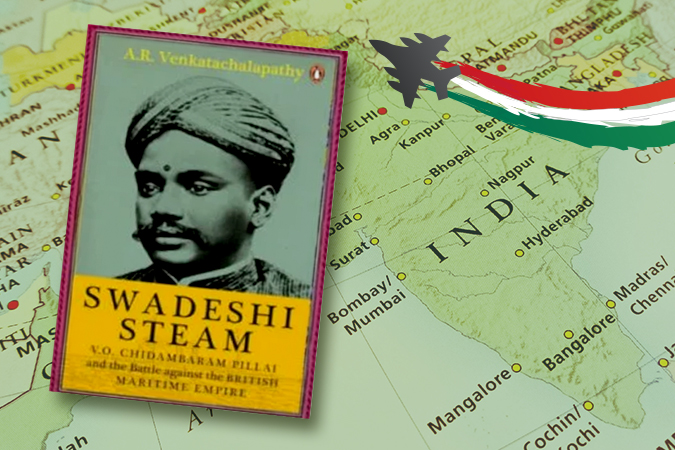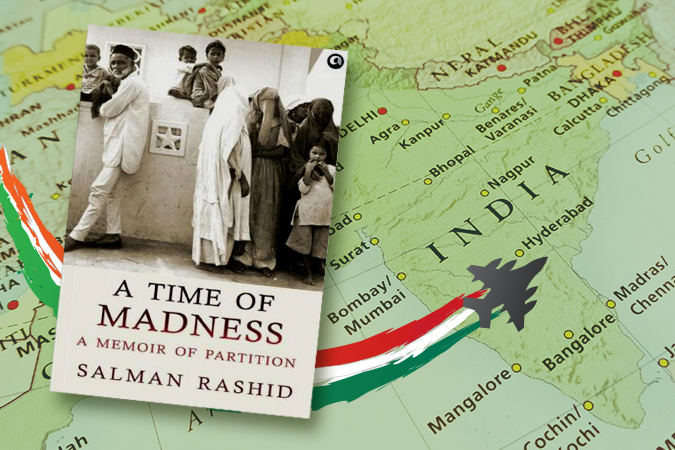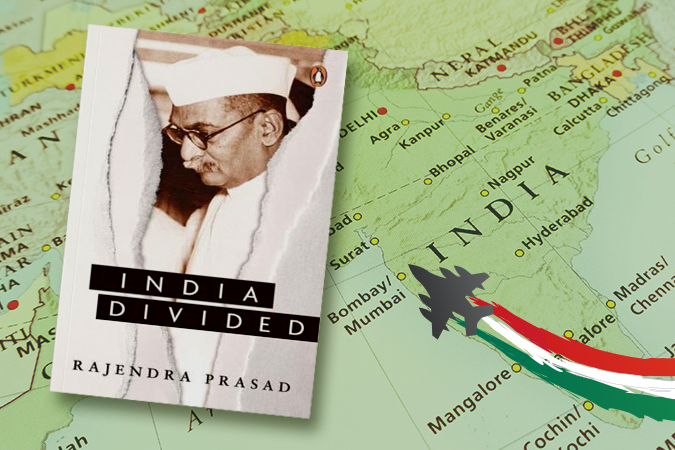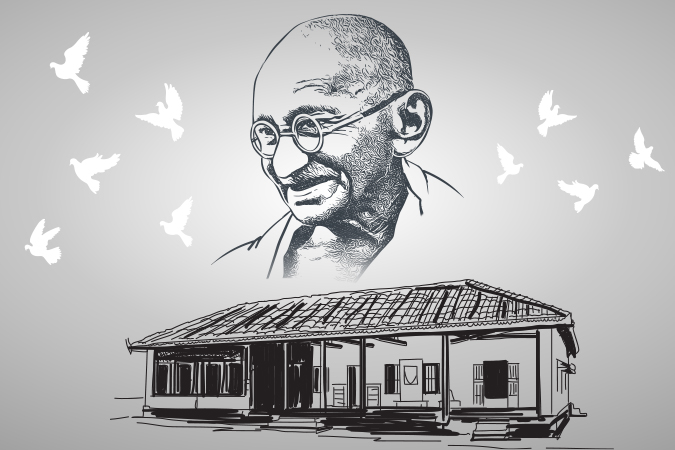
Best Books on Indian History to Understand the People and Events That Shaped The Nation
Understanding Republic Day goes beyond the ceremonial parades and flag hoistings. This momentous day marked India’s transition from a British dominion to a sovereign republic, establishing the world’s longest written constitution. As India commemorates the implementation of its Constitution, there’s no better time to delve into the rich story of our country through these best books on Indian history.
Political & Social Insights: Best Books On Indian History
A fascinating account of the turbulent period immediately following the Constitution’s adoption. The book details the crucial amendments that shaped India’s democratic framework, making it particularly relevant for understanding Republic Day’s significance.
Core Constitutional Values: Liberty, Equality and Human Dignity
Amartya Sen’s masterpiece explores the intellectual and cultural traditions that influenced India’s democratic foundations. It illuminates how India’s heritage of debate and pluralistic discourse has been a major contributor to its constitutional democracy.
Core Constitutional Values: Democracy, Rational Inquiry and Secularism
A thorough examination of the British colonial period provides context for understanding why establishing a sovereign republic was crucial for India’s future. This work helps readers appreciate the magnitude of India’s transformation from a colony to a republic.
Core Constitutional Values: Sovereignty, Secularism and Equality
A firsthand account and analysis of the immediate post-independence period, including the challenges of implementing the Constitution and establishing democratic institutions. It also offers the author’s unique perspective as a historian and the grandson of Mahatma Gandhi.
Core Constitutional Values: Sovereignty, Socialism, Secularism and Democracy
Ramachandra Guha’s comprehensive book that chronicles the nation’s post-independence journey, detailing how the Constitution has shaped modern India’s social and political landscape. The revised third edition brings this narrative closer to contemporary times.
Core Constitutional Values: Federalism, Secularism, Democracy and Unity in Diversity
A seminal work in Indian history, this book challenges traditional interpretations and offers fresh perspectives on early Indian society, politics and culture. Thapar provides essential background on the civilizational aspects that influenced India’s constitutional values and democratic aspirations.
Core Constitutional Values: Secularism, Scientific Temper and Social Justice
by Venkataraghavan Subha Srinivasan
The Origin Story of India’s States examines how India’s federal structure evolved, a crucial aspect of the Constitution that was celebrated on the first Republic Day. It delves into India’s diversity, highlighting the challenges and triumphs of navigating federalism in a complex nation.
Core Constitutional Values: Sovereignty, Democracy and Fraternity
A chronicle of V.O. Chidambaram Pillai’s groundbreaking establishment of India’s first indigenous shipping company in 1906, directly challenging British maritime monopoly. His eventual imprisonment and the company’s forced closure exemplify colonial Britain’s systematic suppression of Indian entrepreneurship, making this account particularly relevant to understanding the economic provisions later enshrined in India’s Constitution.
Core Constitutional Values: Social Justice, Equality, Economic Freedom and Self-Relianc
Salman Rashid retraces his family’s traumatic experience during the Partition, visiting his ancestral home in Jalandhar decades after they fled to Pakistan. Through meticulous research and poignant storytelling, Rashid uncovers the fate of his family killed during the violence of 1947. His memoir illuminates how the Partition’s legacy influenced the Indian Constitution’s emphasis on secularism and religious freedom.
Core Constitutional Values: Secularism, Justice, Equality and Human Dignity
Written by India’s first President Rajendra Prasad before independence, it presents his insights into communal relations, regional disparities and administrative challenges. All of which proved remarkably accurate in predicting post-independence struggles. The book demonstrates why the Constitution’s drafters placed such strong emphasis on national unity, federalism, and secular values – principles that would later become fundamental to Republic Day celebrations.
Core Constitutional Values: Secularism, Justice and Equality
These best books on Indian history collectively illuminate why Republic Day holds such significance in India’s national consciousness. The day commemorates not just the Constitution’s adoption but also represents the culmination of centuries of struggle, debate and aspiration for self-governance. Through these books, readers can better appreciate the historical forces that shaped India’s republic and continue to influence its development.

